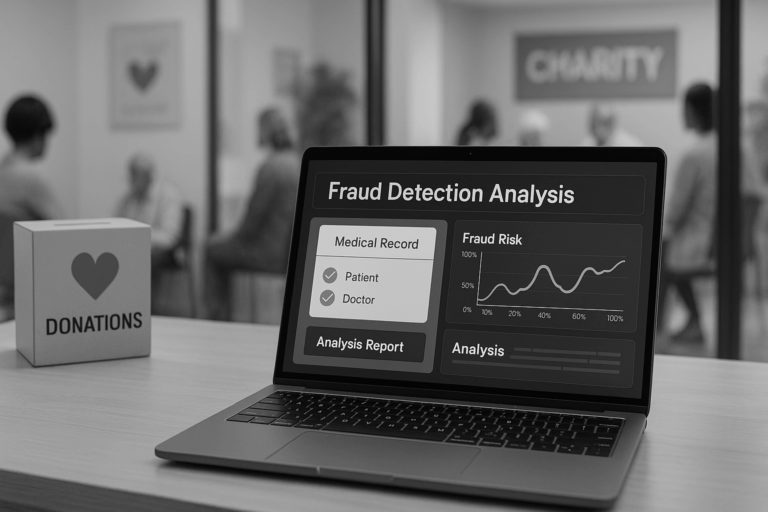
Nowadays, we use the internet too much for various activities such as purchasing goods, banking, and communication. Due to all these things that happen on the internet, it becomes difficult for us to remember the significance of ensuring that our data is secure all the time. There are increased cases of cybercrimes as well as scams, and one may easily fail to notice whether their accounts are safe. It’s time to reassess your online security, and here’s why.
The growing threat of cyber attacks
Cybercrime is a major issue that continues to increase as the time goes by. The number of internet users is increasing, and hackers have developed strategies for exploitation at their disposal. Trying to hack into one’s information, fake activities aimed at stealing from people, and impersonation have grown to be too much disturbing issues on a daily basis. The truth is that today, it doesn’t only target some individuals because everyone is exposed to the risk, and no one knows when it will occur.
In reality, anyone with a digital identity is vulnerable. Personal information may be stolen by hackers who can also break into profiles and dominate social platforms. Hence, you should prioritize your internet security to avoid cases like “my Snapchat was hacked” or “my bank account was drained.”
The risks of weak or outdated security
Using a single password in all your accounts or having weak and easily predictable passwords will be too much advantage to the hackers. For instance, it would not be wise to have a password such as “123456” or your pet’s name. Moreover, in case you employ one uniform password; when hackers breach an account, they will easily enter into every linked one.
Ignoring software updates is another big mistake. The majority of updates go beyond new properties, they also correct defects in security. By failing to install such updates, you may leave a backdoor that cybercriminals could easily use.
Phishing and social engineering scams
Sometimes, hackers deceive people into revealing their secrets without necessarily breaking through their accounts. This usually happens through phishing scams, which take various disguises such as electronic mails or messages purportedly sent by familiar companies, bankers, or friends.
You may get a message requiring you to either click on a link or download an attachment which appears safe. However, such messages are only tricks aimed at taking away important personal information. To add on that, they can gather information from your social media account and include it in the plan to fool you better. That is why one should have doubts about any unanticipated emails no matter how real they may seem.
How to protect yourself online
The good news is that there are some simple steps you can take to improve your online security. Here’s what you can do today:
Use strong, unique passwords
A strong password is not only made up of letters and numbers. It has to be long (a minimum of twelve characters), distinctive, hard to guess, and most importantly – different from one account to another. In case it is difficult for you to remember many passwords, attempt utilizing a password manager that can keep them and create complex ones as well.
Turn on two-factor authentication (2FA)
Two-factor authentication adds an extra layer of protection by requiring a second form of verification. This could be a code sent to your phone or an app that generates a code. Even if someone gets your password, they won’t be able to log in without that second step. It’s an easy way to make your accounts a lot safer.
Keep your software up to date
Updates are supposed to fix security issues. For this reason, never disregard any update request for your phone, computer or apps. In case possible, put on automatic updates so that you do not forget about anything.
Watch out for phishing attempts
Be cautious when clicking on links or downloading attachments from emails or messages, especially if they seem strange or unexpected. Always double-check the sender’s email address or phone number, and don’t click on links until you’re sure they’re safe. If you’re unsure, go directly to the website in question instead of clicking on the link.
Use secure networks
Avoid public Wi-Fi for essential online activities e. g. banking and shopping. Hackers can easily break through public connections because they lack enough security features. But in case you really have to connect your device with a public Wi-Fi; ensure that you use VPN to keep your information secure.
Protecting your online life
Online security is similar to securing your front door every time you step out. The longer we stay on the internet, the more vulnerable we become to hackers and fraudsters. If you want to avoid being attacked or deceived online, take some precautions like using complex passwords, confirming with emails/links and not forgetting about keeping software up-to-date.



